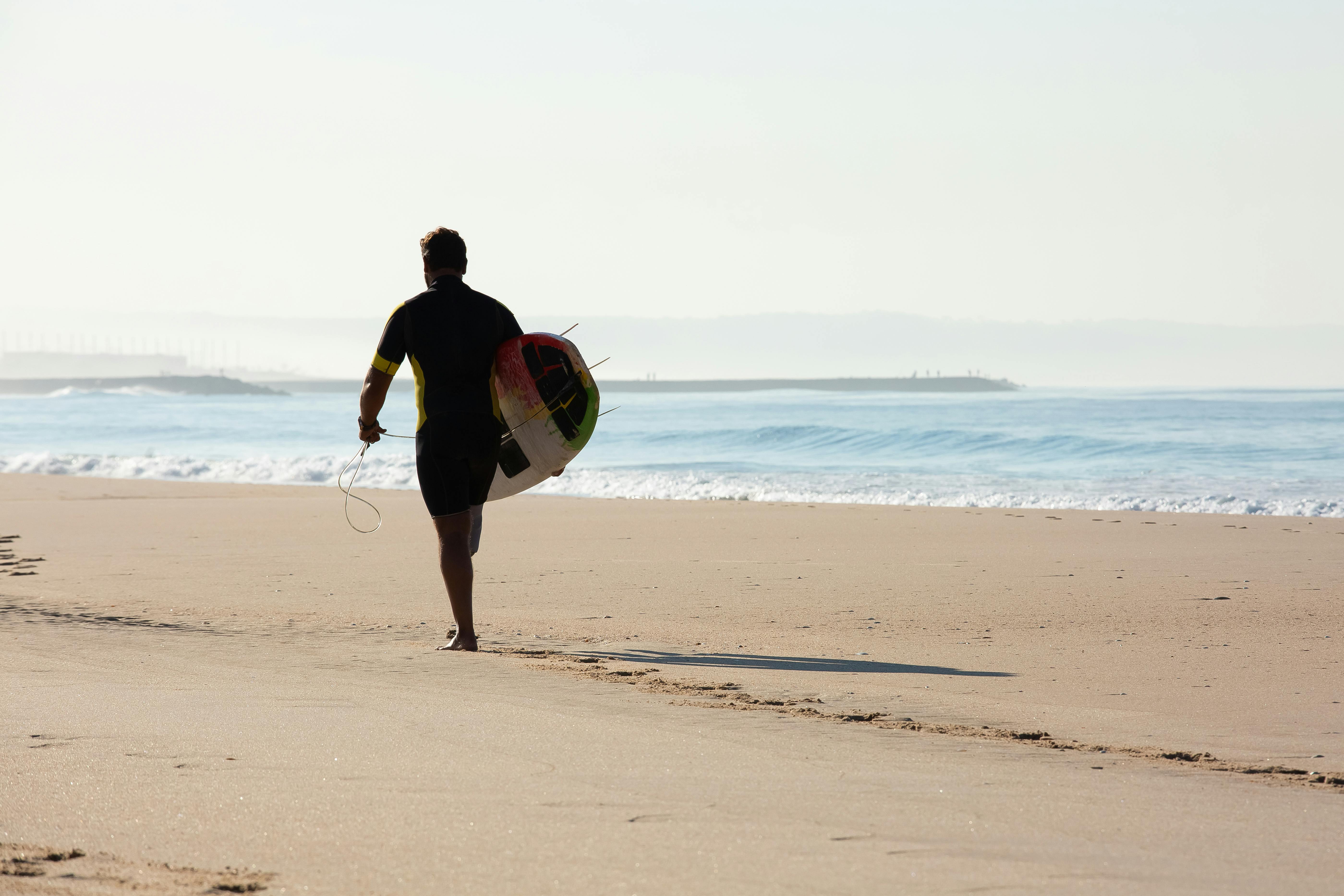
Ranking of Packers’ Super Bowl appearances
The Green Bay Packers have played in five Super Bowls, winning four of them. I decided to rank them based on their historical importance to the franchise. I’ve also highlighted the plays that helped decide each game. Here’s a look at the Packers’ appearances, working down to the biggest ones.
Super Bowl XLV (10-6)
Defeat the Pittsburgh Steelers 31-25
It’s hard to classify last year’s victory simply because it happened. Frankly, this may be much higher on the list several years from now. Yes, it was a great win and it’s fresh in our minds, but we don’t know where the team is headed in the future. If the Packers manage to pull off back-to-back Super Bowl wins, this win could easily jump to third on the list. This could be the Super Bowl that establishes the team as a new dynasty. Right now, it’s hard to really gauge its importance.
Key plays: Nick Collins’ 37-yard interception return for a touchdown in the first quarter gave the Packers a 14-0 lead, one they would never lose. After the Steelers got within three and recovered an onside kick, Ben Rothlisberger threw an incomplete pass on fourth down with 48 seconds remaining to preserve the Packers victory.
Super Bowl XXXI (13-3)
Defeat the New England Patriots 35-21
This win is significant primarily because it was Brett Favre’s only Super Bowl win. It was also Mike Holmgren’s only win in the big game. The core of this Packers unit: Reggie White, LeRoy Butler, Antonio Freeman, Dorsey Levens, Favre, etc. it had the makings of a dynasty or at least a perennial contender. While it could be argued that they were a perennial contender, they never became a dynasty, despite the sheer amount of talent. While it was a great victory, Super Bowl XXXI unfortunately reminds us more of what could or should have been than what it was. Key plays: Antonio Freeman caught an 81-yard touchdown pass from Brett Favre early in the second quarter to put the Packers ahead 17-14, taking away the only lead the Patriots would have.
After the Patriots pulled within 27-21 on a Curtis Martin touchdown run in the third quarter, Desmond Howard returned the ensuing kickoff 99 yards for a touchdown. The comeback stole momentum from the Patriots and provided the winning margin, 35-21.
Super Bowl XXXII (13-3)
Lost to the Denver Broncos 31-24
This is obviously the most heartbreaking of the Packers Bowl appearances. They entered the game as heavy favourites, but ended up on the short end of the stick. We rate this as more significant than Super Bowl XXXI in Packers history for the reasons we mentioned above. Instead of propelling the organization into perhaps its third dynasty, it essentially marked the end of its dominance. Favre wouldn’t make another NFC Championship until the 2007 season, and he never made another Super Bowl. Holmgren left for Seattle in 1999, White retired in 1998, and the team soon became an aging unit that was simply good, rather than dominant. Key plays: Terrell Davis’ third 1-yard touchdown run of the game with 1:45 left in the fourth quarter put the Broncos up 35-24 and provided the winning margin.
On the Packers’ final possession, they reached the Denver 35-yard line before Brett Favre fumbled on fourth down and gave the Broncos the win.
Super Bowl I (12-2)
Defeat the Kansas City Chiefs 35-10
The Packers were more dominant under Vince Lombardi, winning five championships in the 1960s, including the first two Super Bowls. Super Bowl I would be the fourth of those championships. The team featured several of the Packers’ all-time greats, including Bart Starr, Paul Hornung, Jim Taylor, Forrest Gregg, Jerry Kramer, Willie Davis, Herb Adderley, Willie Wood, and Ray Nitschke. The unit was simply one of the strongest teams in history, and the game was the first of its kind, pitting the NFL and AFL champions against each other. Key plays: Willie Wood returned an interception 50 yards in the third quarter to set up a touchdown run by Elijah Pitts. The touchdown put the Packers up 21-10 and they didn’t look back. Max McGee scored on a 13-yard pass from Bart Starr late in the third quarter to put the Packers up 28-10 and essentially put the game out of his reach.
Super Bowl II (9-4-1)
Defeat the Oakland Raiders 33-14
You could argue that Super Bowl I was much more important from a historical perspective, but historically Super Bowl II is much more important to the Packers. It followed perhaps the most referenced game in football history: the Ice Bowl. Although Super Bowl II is normally overshadowed by that game, this was the final championship of the Lombardi era. It was his last as Packers coach, the last of the dynasty years and essentially the start of what would be some very bad years for the franchise. Lombardi stayed with the Packers as General Manager in 1968, before coaching one final season with the Washington Redskins. If this was his swan song, it was a great way to be remembered.
Key plays: Boyd Dowler scored the Packers’ only touchdown of the first half on a 62-yard pass from Bart Starr in the second quarter to put the Packers up 13-0 and help them take a 20-7 lead in the halftime. Herb Adderley’s 60-yard interception return in the fourth quarter for a touchdown, the first defensive touchdown in Super Bowl history, eliminated any chance the Raiders might have had to put the Packers up 33-7.